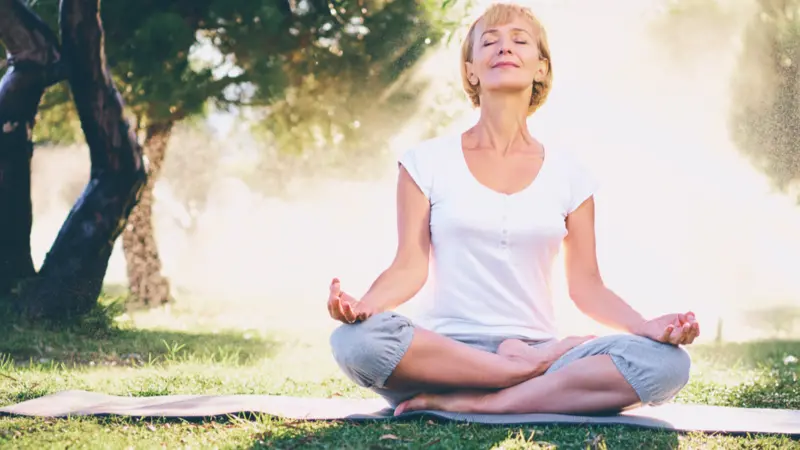

WELLthier Living and Aging

WELLthier Living and Aging
Mind-Body Exercises Offer Relief to Parkinson’s Patients
New research shows promise in improving the motor function of patients with Parkinson’s disease (PD), one of the most common progressive neurodegenerative diseases to occur in the elderly. These neurodegenerative changes cannot be prevented, but studies show that exercise such as dance, stretching, and resistance training can improve function. In addition, mind-body exercise that emphasizes muscle stretching and relaxation, breathing and movement control, and physical coordination training can have a positive effect on symptoms of PD, such as depression, stress, pain, cardiovascular disease, and high blood pressure. Health Qigong, Tai Chi, and yoga have all been shown to treat PD symptoms with great efficacy.
As the global population ages, the prevalence of Parkinson’s disease is likely to double in the next 30 years. Patients suffer with various motor symptoms such as gait and posture disorders, resting tremor, bradykinesia, and muscle stiffness. In addition, they can be affected by cognitive decline, sleep disorders, fatigue, anxiety, and depression. While PD can be treated medically with levodopa, over time the drug’s efficacy decreases, while at the same time seriously endangering health. Side effects and symptoms can lead not only to cognitive decline but to loss of independence and interest in life, increased falls, and even death. Depression is the most common comorbidity. The etiology and pathogenesis of PD are currently unclear. Genetic factors, environmental toxins, and aging are all thought to be contributory.
The findings that Tai Chi, yoga, and Health Qigong improve motor function, reduce depressive symptoms, and increase quality of life for PD patients is important information for clinicians, underscoring the need to promote alternative forms of exercise for their patients. More rigorous trials are needed to better study the role of physical and mental exercise in managing PD.
REFERENCES
Jin, X., Wang, L., Liu, S., Zhu, L., Loprinzi, P. D., & Fan, X. (2019, December 18). The impact of mind-body exercises on motor function, depressive symptoms, and quality of life in Parkinson’s disease: A systematic review and meta-analysis. International Journal of Environmental Research and Public Health, 17(1), 31. https://doi.org/10.3390/ijerph17010031


 By
By






